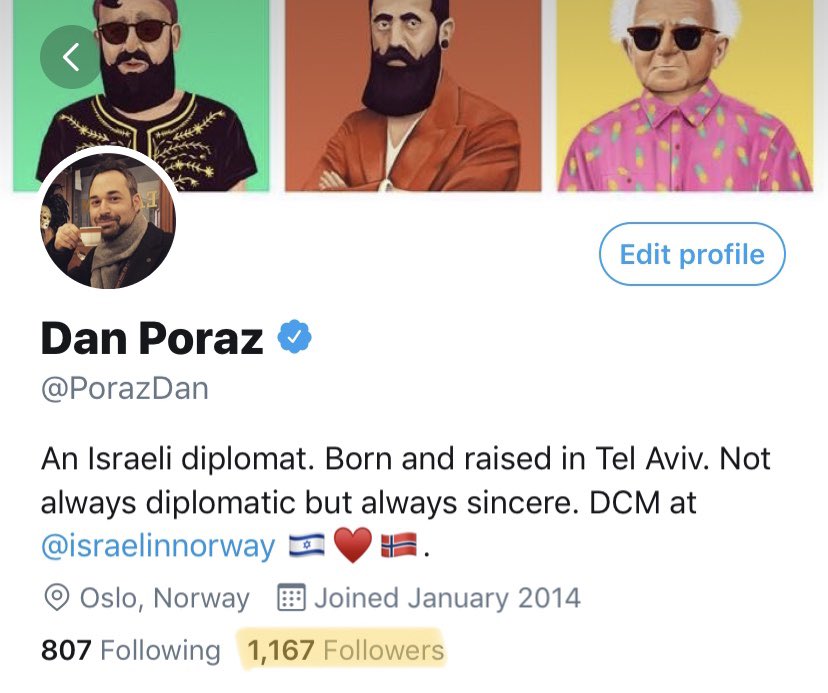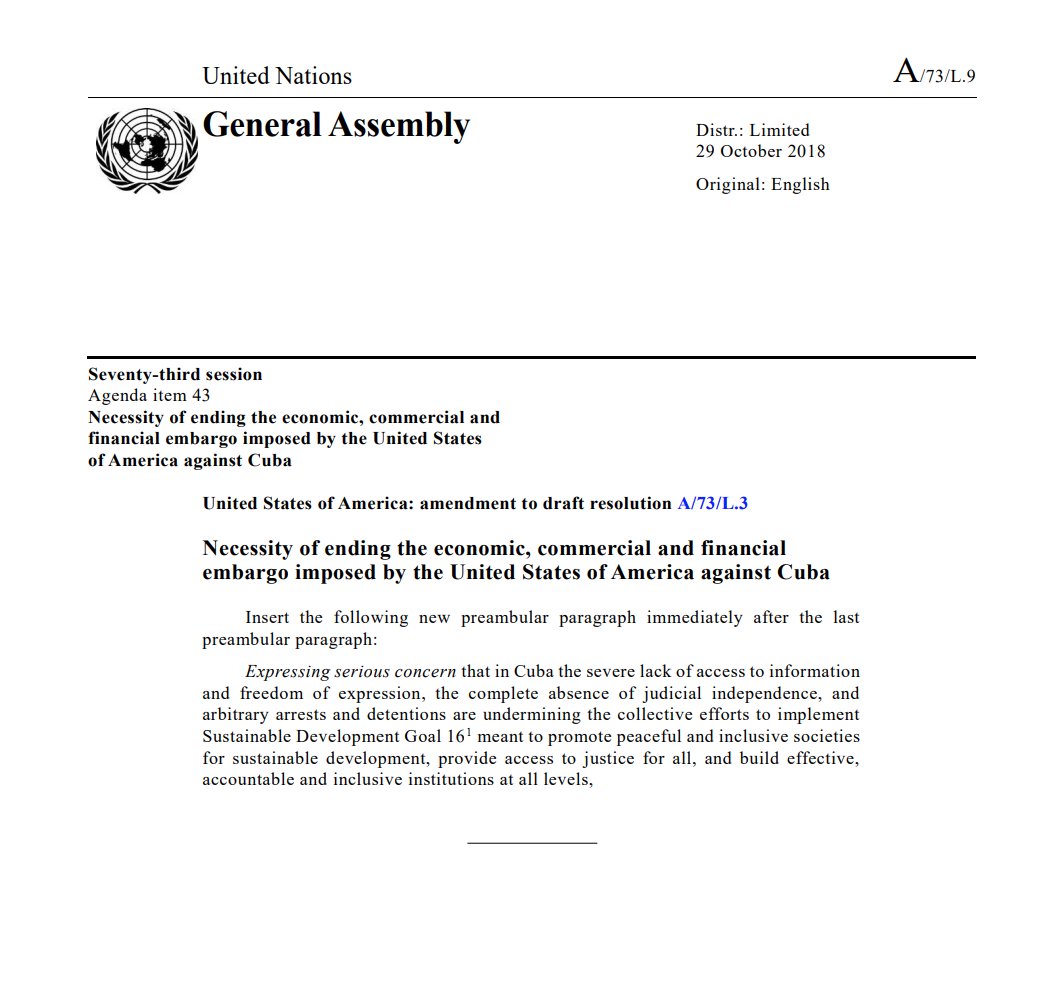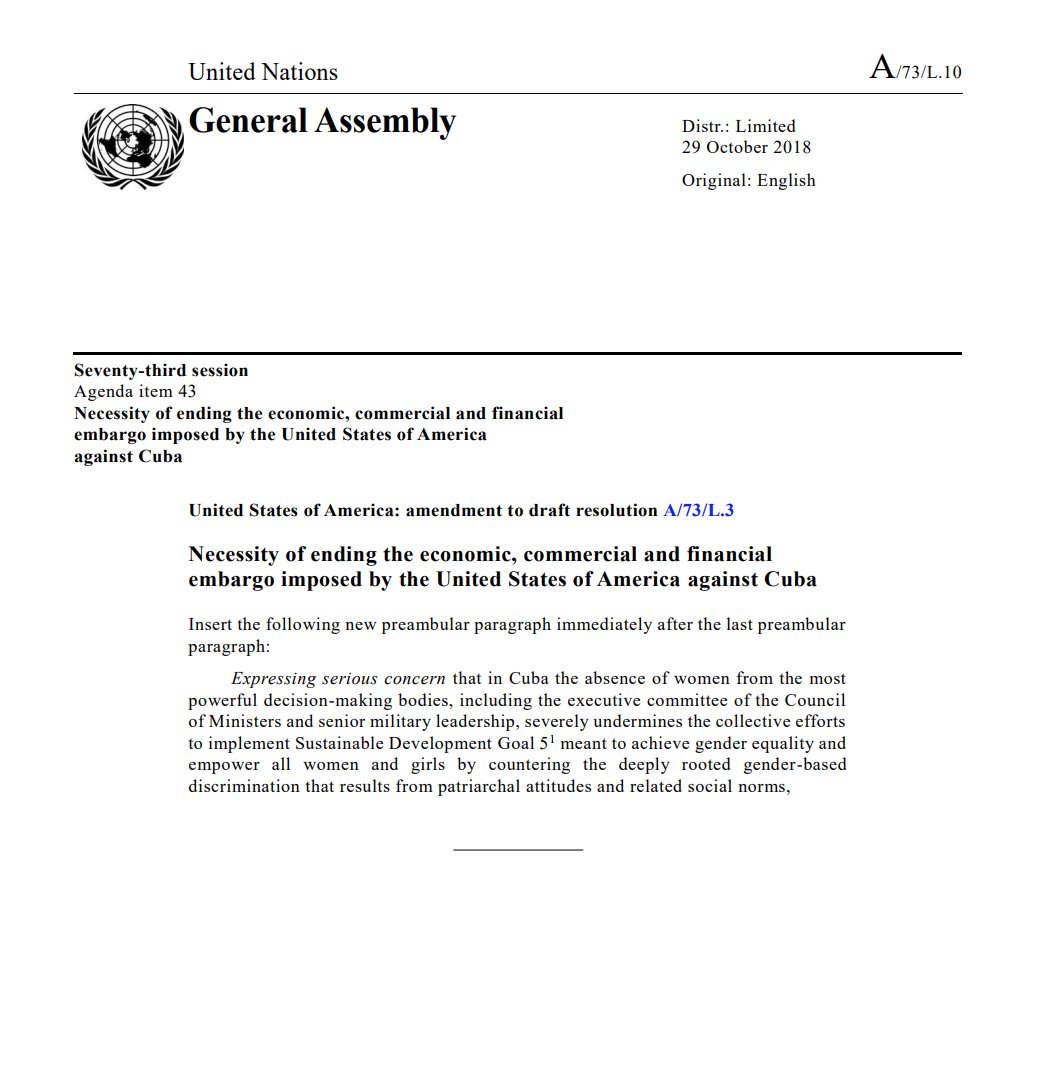1) The US claims against Cuba was already a thorny issue, and this is going to make it worse
2) Claims settlement commissions are a fascinating and understudied issue in int’l politics & int’l law, and would be a great topic for PhD students to dig in to…
16/16











